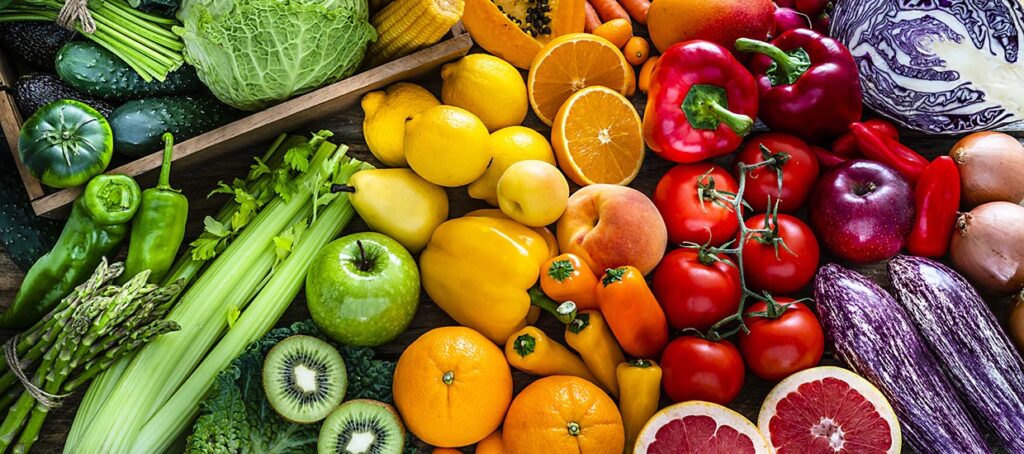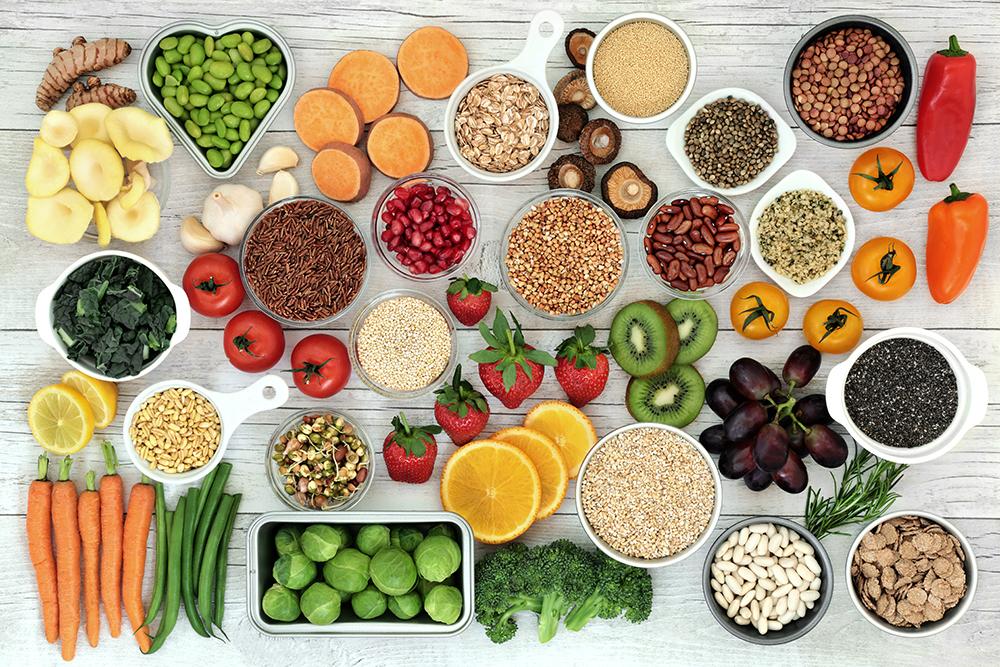According to a new report titled the Vegan Food Global Market Report 2022, the vegan food market is expected to grow from $13.55 billion in 2021 to $14.45 billion by the end of 2022.
The report estimates that this will grow even further to $18.73 billion by 2026, at a compound annual growth rate (CAGR) of 6.7%.
“The vegan market consists of the sale of vegan products and related services for consumption purposes”, states the report. “Vegan products include food and beverages produced without the use of animal ingredients or animal-derived ingredients. Vegan food products include fruits and vegetables, legumes such as peas, beans, plant protein-based tofu and plant protein-based meat.”
Continue reading









